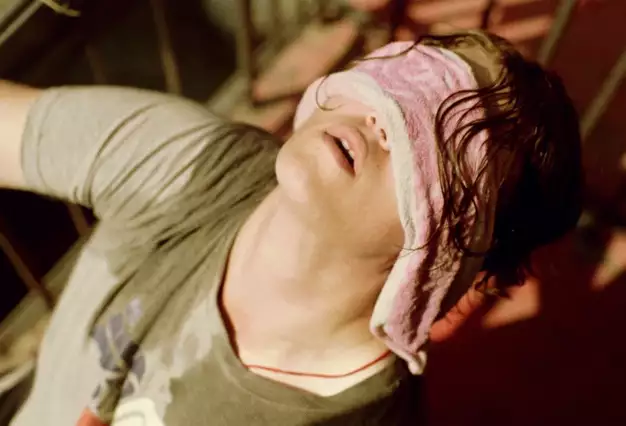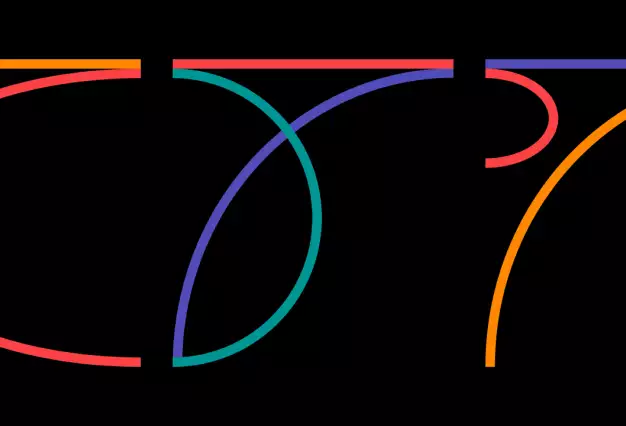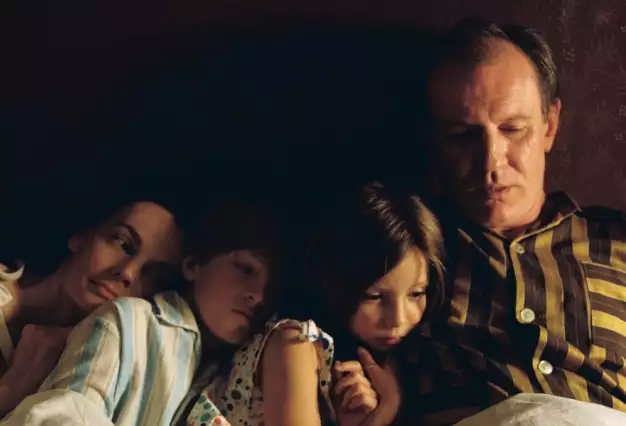
Following his debut, the playful, highly stylized existential comedy Totally Talking (2014), Tomáš Pavlíček (b. 1988) returns with his second feature, Bear with Us, a comedy about a family who gather in their country cottage the last night before it’s sold. The topic touches on a Czech phenomenon that dates back to Communist times, with families spending weekends at a cottage in the countryside. This is Pavlíček’s first production outside of film school and his first major project with an all-professional crew. He sat down with us to talk about the new challenges he faces and his artistic goals.
The interview by Martin Svoboda was published in the Czech Film Magazine / Summer 2018.
Your first feature, Totally Talking, came to cinemas four years ago, along with other promising works by young Czech filmmakers. Journalists even talked about a “New New Wave.” Yet today, critics are once again pessimistic about the state of Czech cinema. What do you think?
We knew from the start that the real challenge isn’t to make a good debut, but a good, solid second movie. It’s the ultimate challenge for all of us who finished film school. Only now we face the reality of filmmaking outside that safe environment. It also takes a longer time to fund and produce a follow-up project. That’s the reason for the gap, and that’s why we as viewers are fed up and annoyed with the mainstream. But many of those young filmmakers are now in the final stages of their productions, so better films should soon be on the way.
Many people say that graduate film is the last chance for filmmakers to freely practice their style. Were you forced to tune down your vision with Bear with Us?
No, I wasn’t, though it’s true many people who saw the rough cut told me they expected something different—more playful and stylized. But that was a deliberate choice on my part to make, at least on the surface, a “normal” film. I wanted to evoke an ordinary story, and then bend its reality in the end. But not as much as in Totally Talking. It will probably be a long time, if ever before I use such a strong visual style again.
Was one of the reasons for this shift the fact that it’s easier to fund a more “normal” film?
That wasn’t part of my thinking, but I guess it is easier to fund Bear with Us than it would be to fund a movie that looks like Totally Talking. More important, I felt I’d already tried every possible stylish gimmick in that film, so it wouldn’t have been interesting to do it again. In fact, to do a more “normal” film is a bigger challenge for me, since I know that writing realistic situations is my weak spot.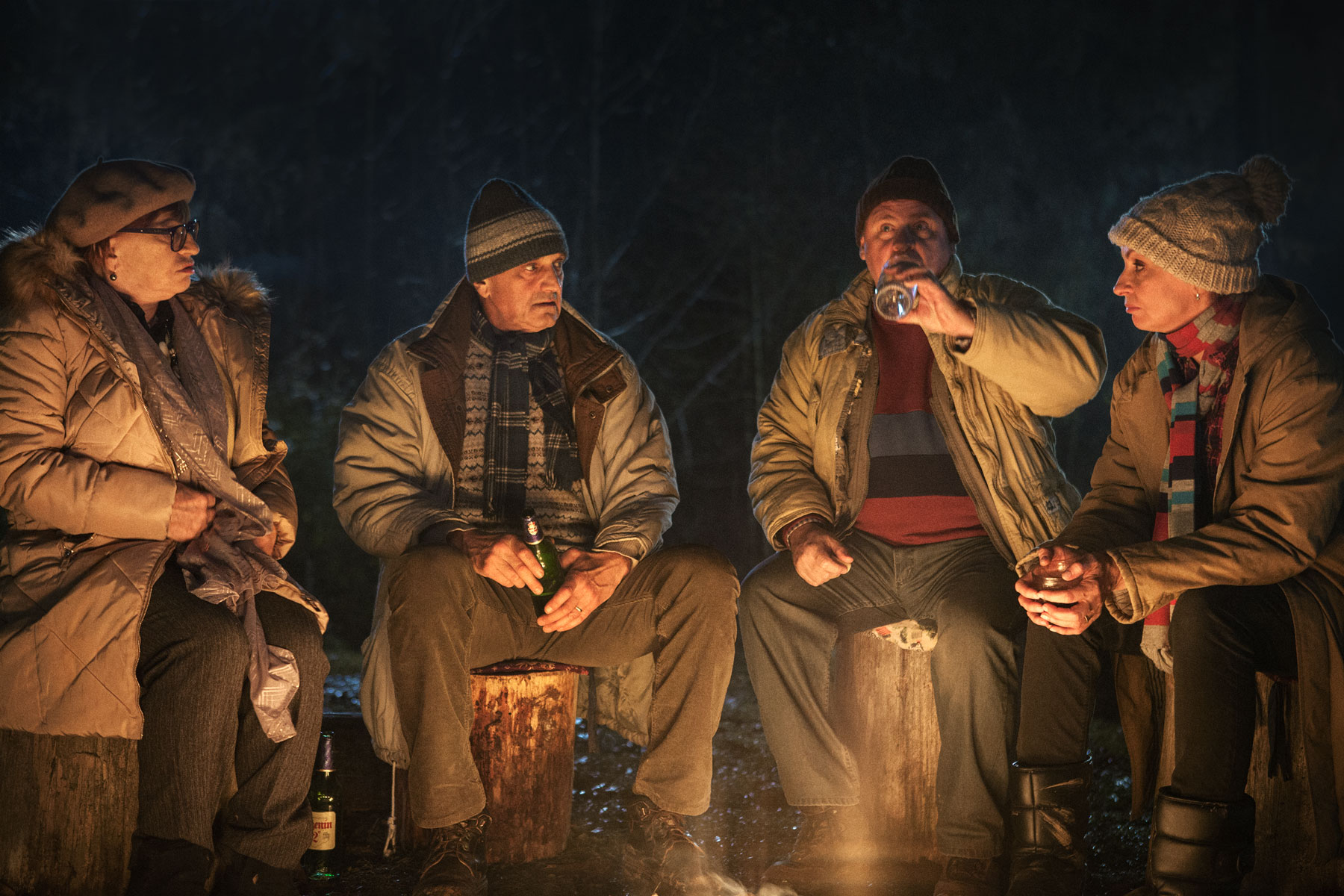
How do you work, given that limitation?
In preparation, I collected anecdotes from my personal experience with my own family, who have two cottages. It’s a typical Czech habit to keep a weekend cottage outside the city and go hide away there in your free time. I wrote down all the little stories I could remember, all the feelings—just one great big pile of thoughts, and according to my friends, it didn’t quite work as a film. So instead of having two cottages, I put them together into just one. Then I added the story about selling it, which gave us a sort of framework: The family has to sell its world, after building it up for decades. But I realize it’s still more a chain of events than a fluid narrative.
Your style of filmmaking seems to be very intuitive. Did you make a lot of scenes that you then ended up throwing out?
We tried to be as specific as possible. My co-writer, Lucie Bokšteflová, and I agreed that since there isn’t perfect continuity in the movie, every scene needs to have its own point. The first version of the screenplay was 107 pages, but the script editor, Jaroslav Sedláček of Czech Television, insisted we cut it down to 90 at most. So we did, and we shot the movie with a screenplay 89 pages long. It might sound chaotic, but our script and our working approach were relatively firm. In fact, so much so that the film ended up only 75 minutes long—10 minutes shorter than the first cut.
Your film was supported by the Czech Film Fund. Was it easy for you to get support, and did it help that you had already made a successful film earlier?
By making Totally Talking I proved I could finish a production. In that sense, it helped to have a whole film behind me. And I guess the fund’s experts already knew my strengths, especially dialogue. But I would say for the most part we had to work from scratch to get funded. Which I guess is how it should be. Me and my producers, Tomáš Michálek and Jakub Mahler, managed to get support right after our first attempt. Then we got support from Czech Television, and that’s basically all we had. We discussed the possibility of an international coproduction—at one point, I was sure the Slovaks would join—but in the end, it didn’t happen.
Was that abandonment crucial? 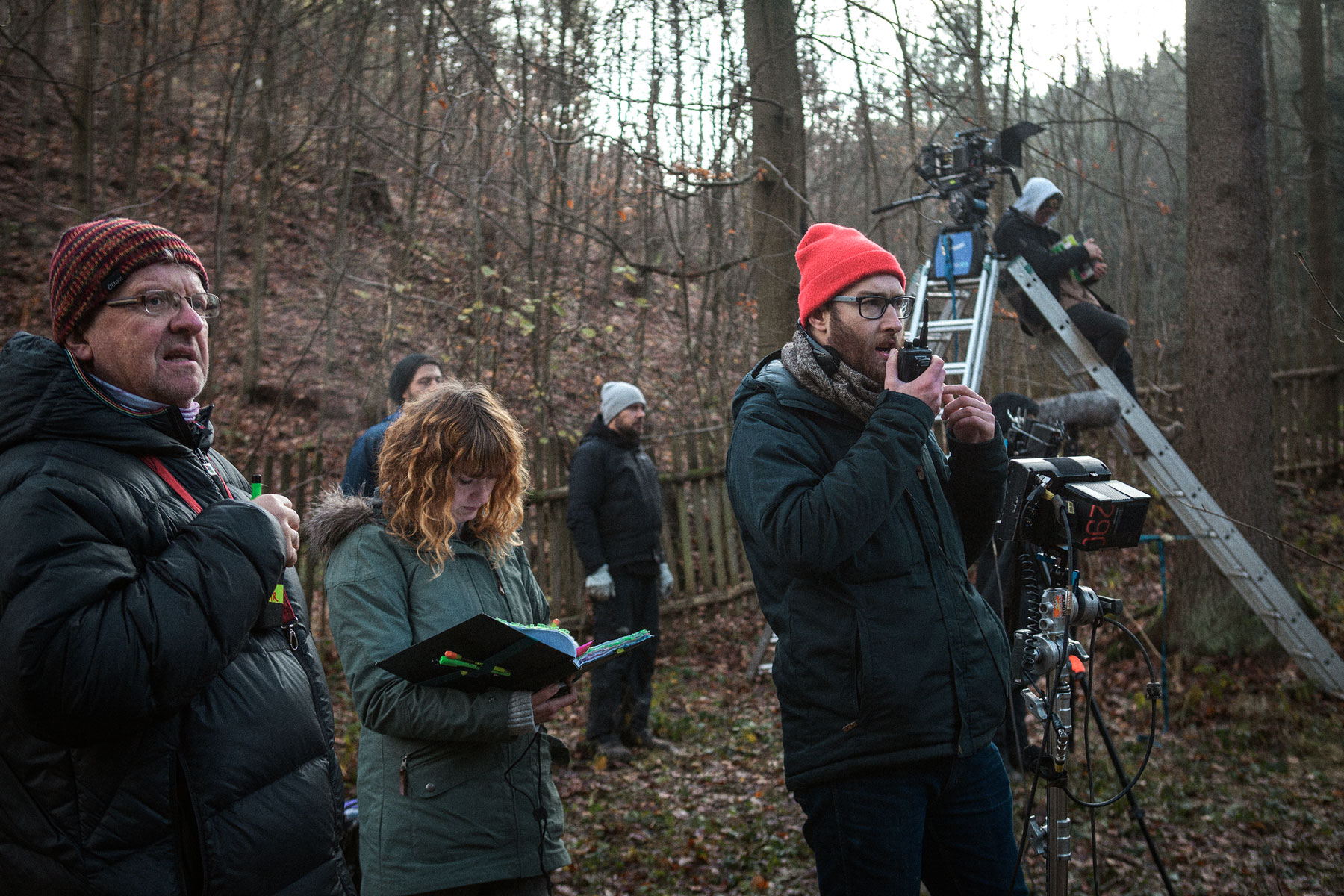
We asked the Slovaks for something like 15 percent of the budget, so it was a considerable amount of money. But it was still manageable to survive without it. It sure would have been nice to have, for example, a few more shooting days. After they turned us down, we had to rearrange our schedule, which was a real problem, not because we couldn’t do the scenes we needed—we still had a good 35 days—but because of the actors. We had some very famous names, which meant their schedule was full, so it was hard to rearrange it.
So I guess the support of Czech Film Fund and Czech TV was irreplaceable?
Yes. Without them, the film couldn’t have been made.
If you hadn’t received that support, would you have looked for another source of funding, or would you have given up and tried with a different script?
I would have tried to offer the same script reworked, and then, if they refused again, I would have just looked for a different script altogether. I wouldn’t have tried to make this film without state funding. It just would have been too hard. It could have been made more cheaply if we used amateurs, but not with the actors we had and not under such good conditions.
In Totally Talking, you worked with your friends, both in front of the camera and behind it. This time you worked with professional actors and crew, including the director of photography, Jan Baset Střítežský, and your editor, Jana Vlčková, both of whom have much more experience than you.
I really felt it was necessary to work with more experienced people. I don’t know what other actors I could have used. The movie is really delicate and full of nuance, so it needed the best performances possible. It isn’t easy to pay and schedule actors like Ivana Chýlková and Jan Kačer. But it was worth it.
My colleagues behind the camera were also great. All of them voiced their ideas throughout the shoot, and I paid close attention. Even though I had a vision, I wasn’t some big, uncompromising auteur. On the contrary. Jan Baset is an auteur in his own right, and working with him introduced me to a new style of communication on set. Jana is also very demanding in the editing room. So I deliberately stepped away from my friends, professionally speaking, but I think I managed to make new ones.


